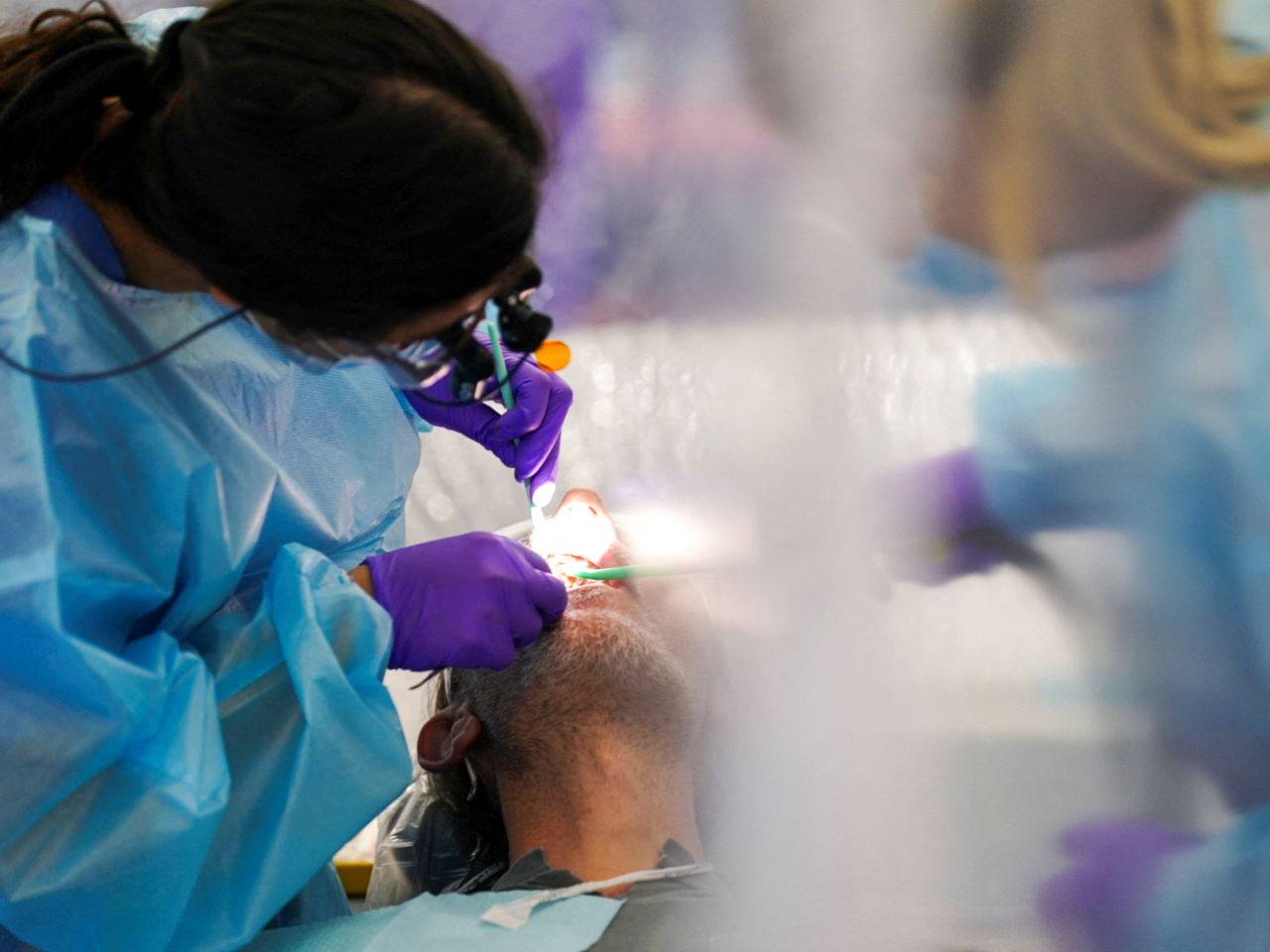Countries have agreed to phase out the use of mercury-based dental amalgams in tooth fillings by 2034 in a move that will change dentistry around the world.
At a conference in Geneva, signatories to a treaty aimed at protecting human health and the environment from mercury pollution called time on mercury amalgams on Friday.
Nations agreed "to end the use of dental amalgam by 2034, marking a historic milestone in reducing mercury pollution", the conference announced in its closing statement.
The World Health Organization considers mercury one of the top 10 chemicals of major public health concern, calling it "toxic to human health".
Some countries have already banned its use in dental amalgam, a common filling material used for more than 175 years.
The Minamata Convention on Mercury is an international treaty to protect human health and the environment from the adverse effects of mercury and mercury compounds.
More than 150 countries are party to the convention, which was adopted in 2013 and came into force in 2017.
Parties at this week's conference adopted amendments "establishing a global phase-out of dental amalgam by 2034", the closing statement said.
"This science-based, time-bound agreement marks a decisive step toward the total elimination of mercury use in dentistry and a safer future for all communities."
The treaty already stipulated that signatories must take measures to phase out the use of mercury-based dental amalgams.
However, a bloc of African countries wanted a deadline, with a ban on their production, import and export, starting in 2030.
A few countries opposed the idea of a phase-out by 2030, including Iran and India, and Britain, which said it was too soon.
But countries came together and agreed a phase-out by 2034.
"We have just opened the door to another chapter of the mercury history book," said the convention's executive secretary Monika Stankiewicz.
The European Union's representative called it "an important milestone in making mercury history: a step that will bring lasting benefits for human health and the environment globally".
Countries also agreed to step up efforts to eliminate skin-lightening cosmetics containing mercury, through curbing illegal trade and strengthening enforcement.
When added to cosmetics, mercury lightens the skin by suppressing melanin production. However, the process is not permanent and is dangerous to health. (AFP)





